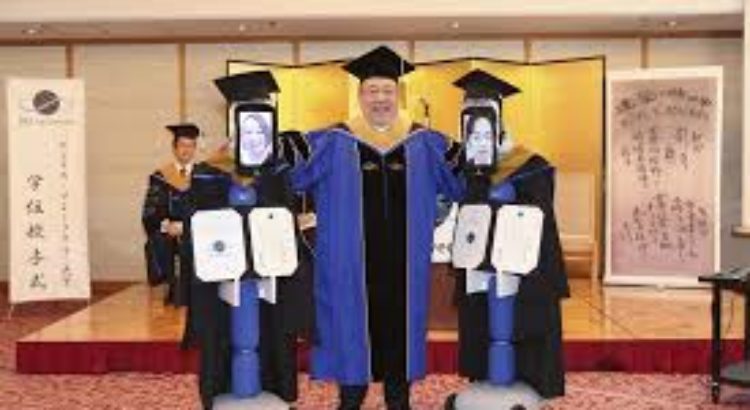Post Covid-19 education II
In my previous blog, I mentioned that e-learning is going to be the future for education. With this education will be internationalized and competent teachers can offer a course that suits the curriculum of the students in rural areas. Now the PMs economic package elaborated by the finance minister the Govt. did announce the same.
“…..finance Minister Nirmala Sitharaman said that the top 100 universities in the country will be able to start online courses via radio and television for students who don’t have constant access to the internet amid the coronavirus lockdown. “Online education is being taken up in a big way. Another 12 channels will be added. It will be a great help to students in rural areas. Children love technology and adapt quickly. Top 100 universities will be allowed to start online courses by May 30,” she said.
Experienced teachers can now get affiliated with universities/institutes to offer an online course that fits into the curriculum. I said previously, the curriculum also needs to undergo drastic change to accommodate the course with losing the standard and content. Skill development is a part of this modified curriculum.
This is the right time to strengthen online education to be prepared for any future pandemic situations. The entire education system has to undergo changes with the active involvement of faculty. Institute like IITs and IISc should now go global and be part of the international education system. The strength of this system lies in the faculty that an institute nurtures. Faculty need to change their mundane teaching methods and adopt to evolving technology-centred teaching. The faculty should establish themselves as “competent” individuals who can deliver what the students expect. To establish faulty should be active in research and research publications and gain experience /skills in online teaching. In a way, the learning institutes become virtual institutes. Every student’s home becomes his institute.
According to Dr Francisco, Adviser, Qatar Foundation, India, true international engagement comes with curriculum integration and active participation by the faculty. Faculty need to be motivated and actively involved in curriculum integration. The greatest advantage of CI is that students can choose the course of his choice while fulfilling the academic credit requirement where he is registered. Student migration will be curtailed because without spending a substantial amount, the student can get international credits and he/she can sell herself in the job market.
If the institutes cannot do it now then these institutes will die in future because no student will register for any programme in such institutes. The head of the institutes play a key role in this transformation. They can not sit back and go back to the old style of education post Covid 19. This will reduce the demand for the infrastructure of the institute. However, research labs should function as usual to support research. Research collaboration can go online and can be internationalized.
The current lockdown period is an excellent opportunity for online transformation. IITs should lead the role and guide the other 100 universities. Govt. has come-out with connectivity to rural areas. This could be strengthened in future with good internet connectivity.
Future institutes/universities will be virtual and only research activities will be carried out through international collaboration. Here it is important to establish “truest” amongst faculty. The amount saved on infrastructure (hostels, mess, water and electricity bills etc.) can be diverted to strengthen research laboratories. Research collaboration will replace research competition. Institutes can accommodate a large number of students and quality education can be given to all the students….whether within the country or abroad. The additional advantage is that institutes/universities can engage experienced to get involved in this system. Experienced faculty will strengthen the academic and research foundation as many have already are well established internationally. Education is a continuous and evolving process and there is no retirement for those who have the ability to render their expertise. I am sure the forthcoming academic year will start with an entirely new education system at school and university levels. Faculty evaluation becomes very easy ……based on the number of students registering for a course offered by a faculty. This may not be liked by younger faculty but that is going to be the future education systems and faculty evaluation.
Fuente de la Información: https://timesofindia.indiatimes.com/blogs/dornadula-c/post-covid-19-education-ii/








 Users Today : 0
Users Today : 0 Total Users : 35460661
Total Users : 35460661 Views Today :
Views Today :  Total views : 3419745
Total views : 3419745